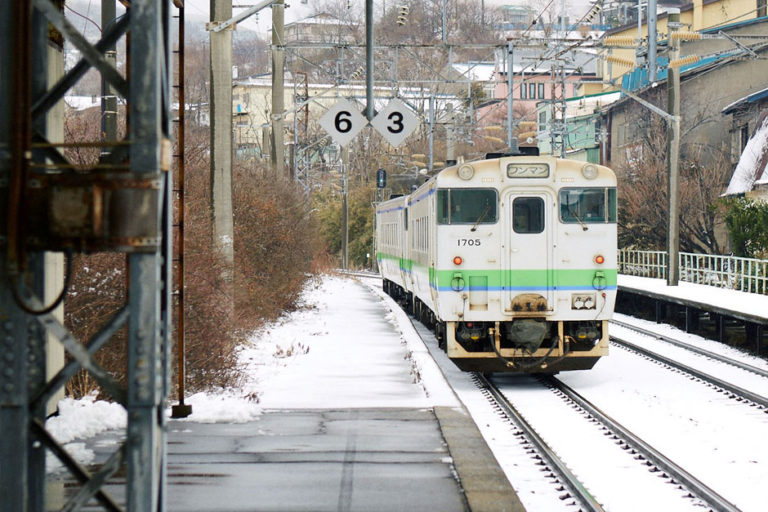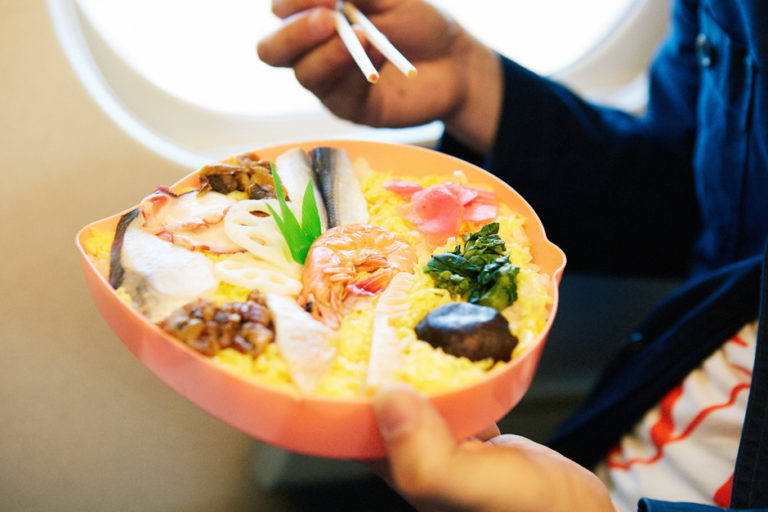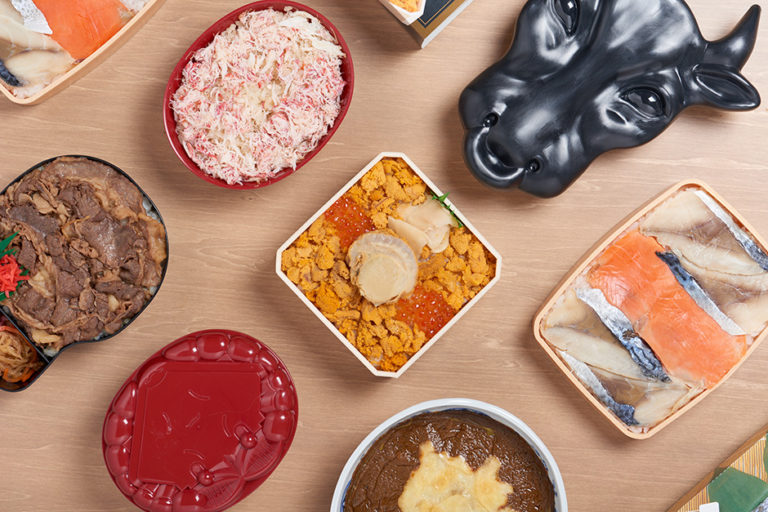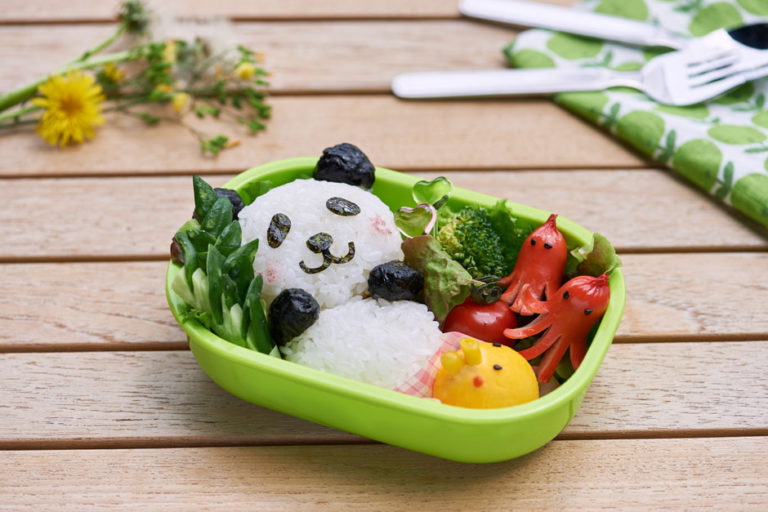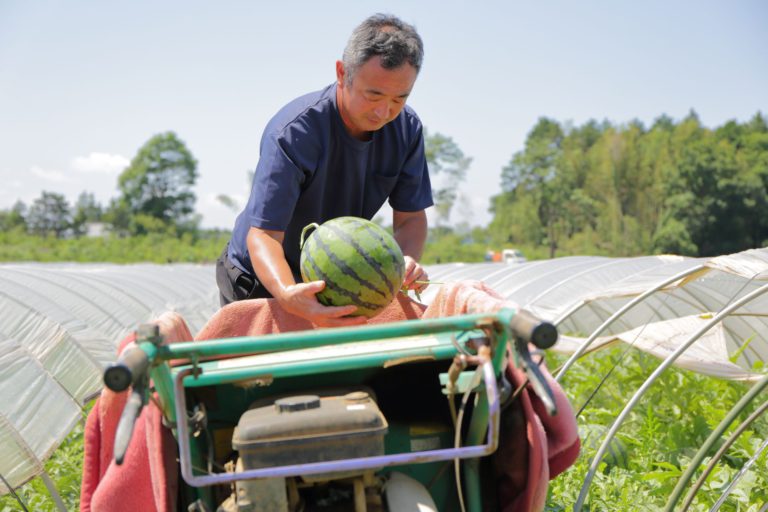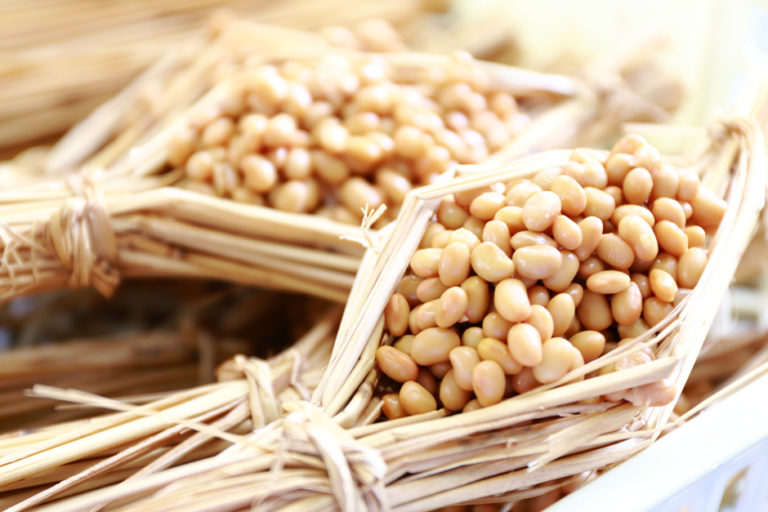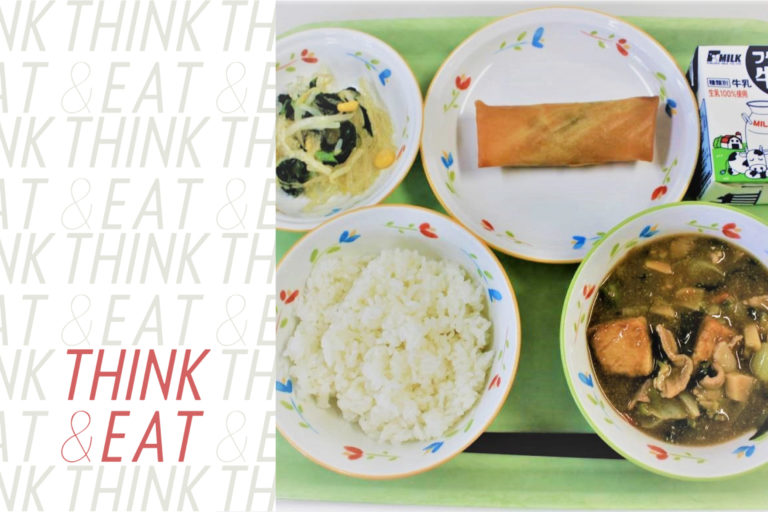Ekiben—the railway station boxed lunch that sustains a nation Bokoi-meshi from Muroran in Hokkaido
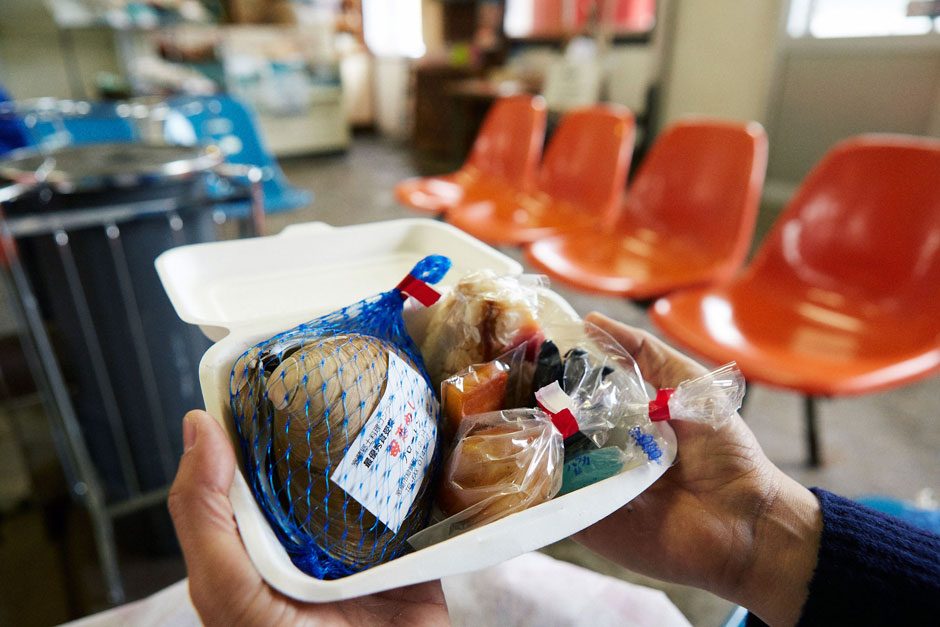
These legendary railway station lunchboxes are a feast for the eyes, featuring regularly changing produce in line with the seasons.
Make the most of your ekiben because next week it might be replaced by a new variation! It’s the ultimate seasonal travel experience. A regional as well as seasonal phenomenon, the ekiben is one of the great delights of travel in Japan.
Bokoi-meshi is a popular lunchbox sold at the tiny station of Bokoi at Muroran in Hokkaido prefecture
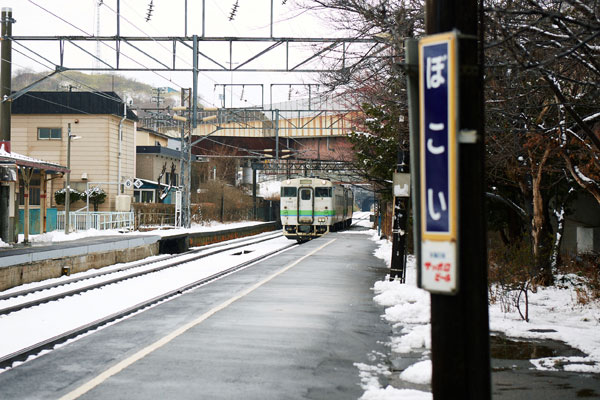
Muroran in Hokkaido prefecture is typical of a town built on the steel industry and shipbuilding. While the glory days of the 1970s may have faded, the town still boasts factories lining the shores of the bay. These form a spectacular backdrop in the evening, providing a key draw card for tourists seeking factory visits as well as scenery.
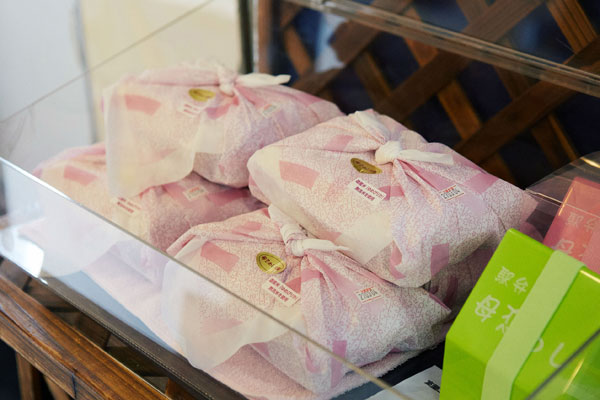
Muroran is also the home of the legendary Bokoi-meshi ekiben, a longstanding favorite of ekiben fans throughout Japan. Available at Bokoi station on the JR Muroran line, this is a truly unique bento lunchbox that perfectly showcases the innovation and devotion of the local people of Muroran.
Bokoi station is the second-last station on the JR Muroran line, which finishes at Muroran.
The small retro-style wooden station building, built in 1935, has a waiting room where local old women and high school students gather together around the central heater to warm their hands and have a chat while waiting for the train to arrive. It is a scene that takes you back in time. The Japanese character bo in Bokoi signifies “mother,” and platform tickets at Bokoi station are apparently highly sought-after as Mother’s Day mementos. Meanwhile, tucked into a corner of this quaint little station building is where you will find the stall that sells Bokoi-meshi ekiben.
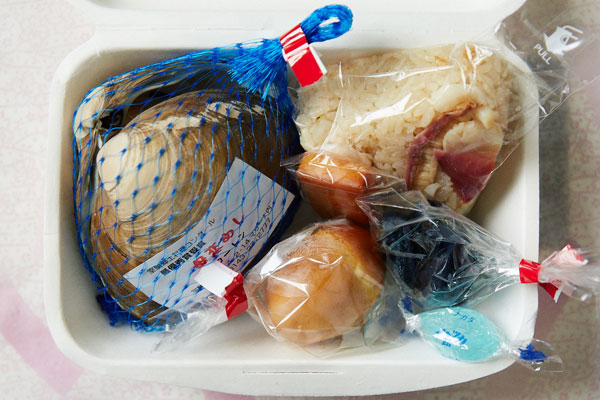
The Bokoi-meshi ekiben comes wrapped in a pale pink cloth. You take off the cloth and open the box to reveal a whole Sakhalin surf clam measuring over 10 cm in size. Inside the shell is an onigiri rice ball made of rice boiled with surf clam meat, accompanied by a smoked egg, some smoked cheese and pickles. And just for something different, there is even a peppermint sweet.
The onigiri delivers a combination of succulent clam flesh and aromatic rice cooked in dashi broth together with a hint of sweetness. Cheese smoked in the wood of the apple tree adds an exquisite depth of flavor with a creamy texture that acts as the perfect complement.
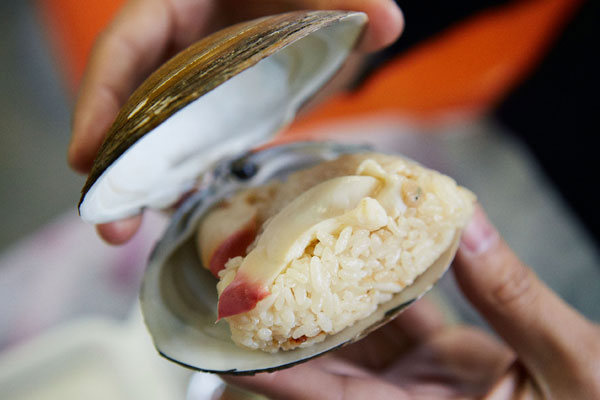
The Bokoi-meshi ekiben is sold at Muroran and other stations, but since only around 40 of these hand-made delicacies are prepared per day, supplies tend to run out quickly. The Muroran line sees a steady stream of ekiben aficionados from all over Japan who venture up to Hokkaido especially to sample a Bokoi-meshi for themselves. Often people will ring ahead to reserve one before they run out for the day! The legend of the Bokoi-meshi ekiben even reaches beyond Japan, with overseas tourists (especially from Asia) becoming an increasingly common sight in the region.
Inspired by the simple desire to put food to good use
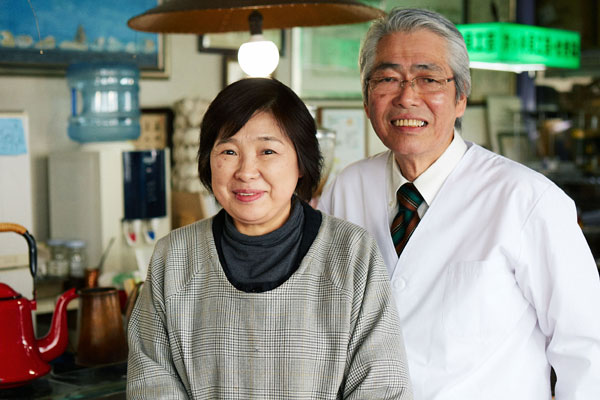
The Bokoi-meshi ekiben is produced by husband and wife team Katsuji and Hisako Sekine from Muroran. It turns out that this is not their main job; they actually design craftworks such as silver accessories as a living. They have been making Bokoi-meshi for some 15 years. We asked Katsuji what it was that prompted them to start making ekiben all those years ago.
“We were making accessories out of surf clam shells,” he laughs, “so we needed all these shells, but we couldn’t bear to see the delicious insides going to waste.”
The name Bokoi is said to come from the phrase poku-o-i, meaning “place of plentiful clams” in the language of the indigenous Ainu people. Muroran and Tomakomai have long been known as excellent fishing grounds for surf clams. And the clams from this region are blessed with especially thick shells that are ideal for making gifts and trinkets.
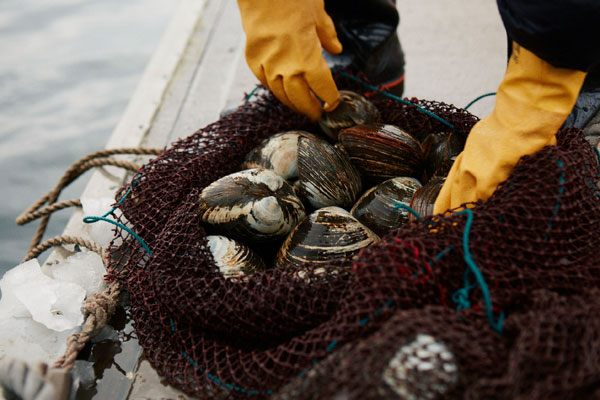
It was Katsuji’s wife Hisako who was determined that the flesh from the clams should not go to waste. She began to investigate new and interesting ways to eat clam meat, such as raw sashimi, fried in butter, and in curries, stews, Japanese-style rice omelets and shabu-shabu hotpot. It was at this time that Hisako first heard about a cooking competition in Muroran.
“I thought I’d put together a bento featuring onigiri rice balls made with clam meat, which my two kids love,” recalls Hisako. She gave her entry the name Bokoi-meshi and it went on to win first prize in the bento category of the competition.
Word quickly spread around town about the delicious new bento called Bokoi-meshi, and Hisako was soon swamped with requests. But there was nowhere to sell them. Until one day, she heard that the shop at Bokoi station had fallen vacant. And so it was that the Bokoi-meshi ekiben came into being.
An ekiben with personality
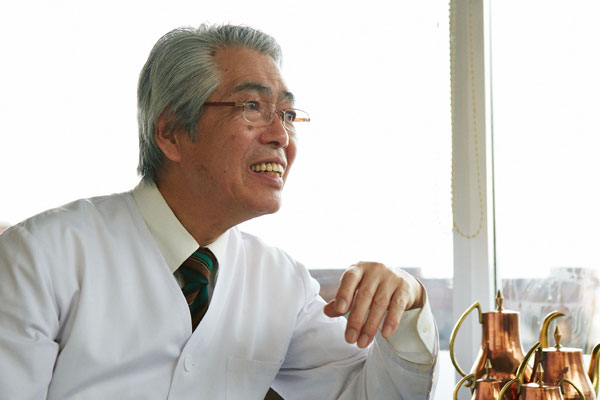
Although the surf clams are the most obvious attraction of the Bokoi-meshi ekiben, there is more to it than meets the eye.
The accompaniments are individually wrapped so that you can eat them in your fingers without the need for chopsticks. The wrapping also allows you to take the bento home if you don’t manage to finish it on the train. These are the small yet significant touches that encapsulate the kindness and consideration of Mr. and Mrs. Sekine.
They are also sticklers for using local produce from Hokkaido as far as possible?even including the seasonings. The surf clams are of course locally caught, while the rice is Yumepirika, a Hokkaido variety. Other ingredients such as sake and honey are also made in Hokkaido. The rice is boiled in dashi broth made with a variety of konbu seaweed called Yayan Konbu, which is harvested in Muroran. “We tried many different types of konbu,” explains Katsuji, “but in the end we found that Yayan Konbu was the best suited to Bokoi-meshi.”
The peppermint, which we had assumed was simply a mid-meal refresher, turns out to have a bit of history behind it. “I remember once that I was on the train, gazing out the window, and I popped a peppermint into my mouth and I felt wonderfully relaxed,” laughs Katsuji. “So now I pop a peppermint into the Bokoi-meshi ekiben in the hope that it will similarly provide relaxation and contentment to others.”
The Sekine husband-and-wife team has been producing Bokoi-meshi ekiben every day without fail for over ten years now, rising at four o’clock every morning to begin work. Even though they only make 40 per day, it is still quite physically taxing. We ask Katsuji what it is that keeps him going day after day.
“Plenty of times I’ve thought about giving it away,” he muses, “but I just can’t do it. We have people coming to Muroran from all over Japan just to sample our ekiben and they tell us how much they love it and how they’re going to come back again someday. How can we let them down? As long as people are enjoying our ekiben, we’ll keep making them. It’s like a sense of duty,” he adds, laughing self-consciously.
Bokoi-meshi?a unique ekiben that epitomizes the character of a legendary local couple.
The encounter with Bokoi-meshi has made this particular journey so much more enjoyable.

